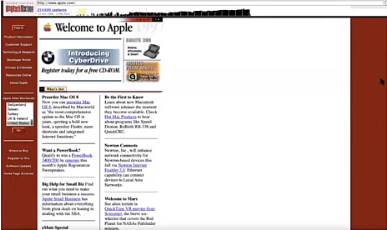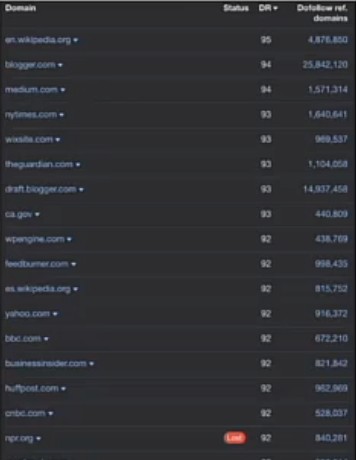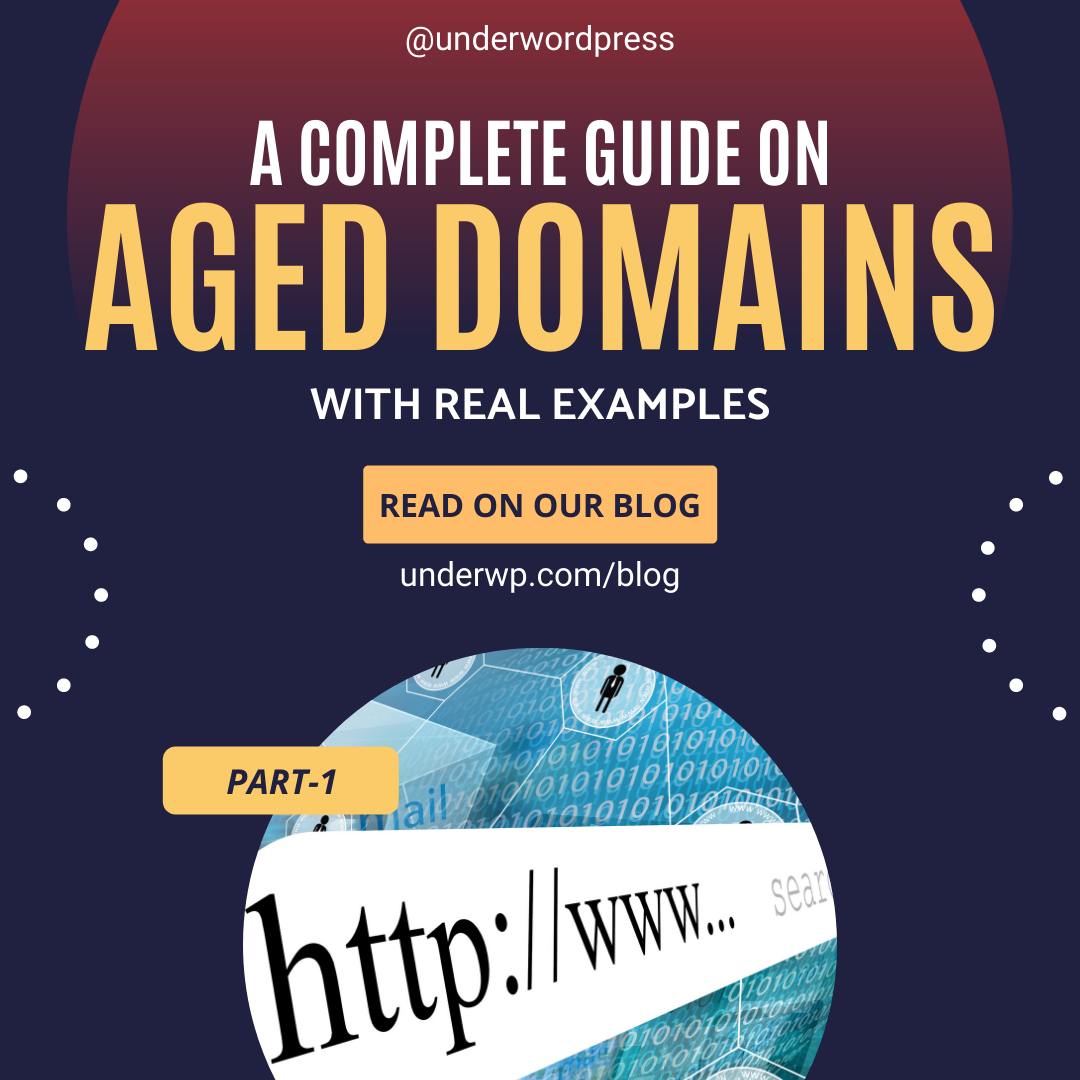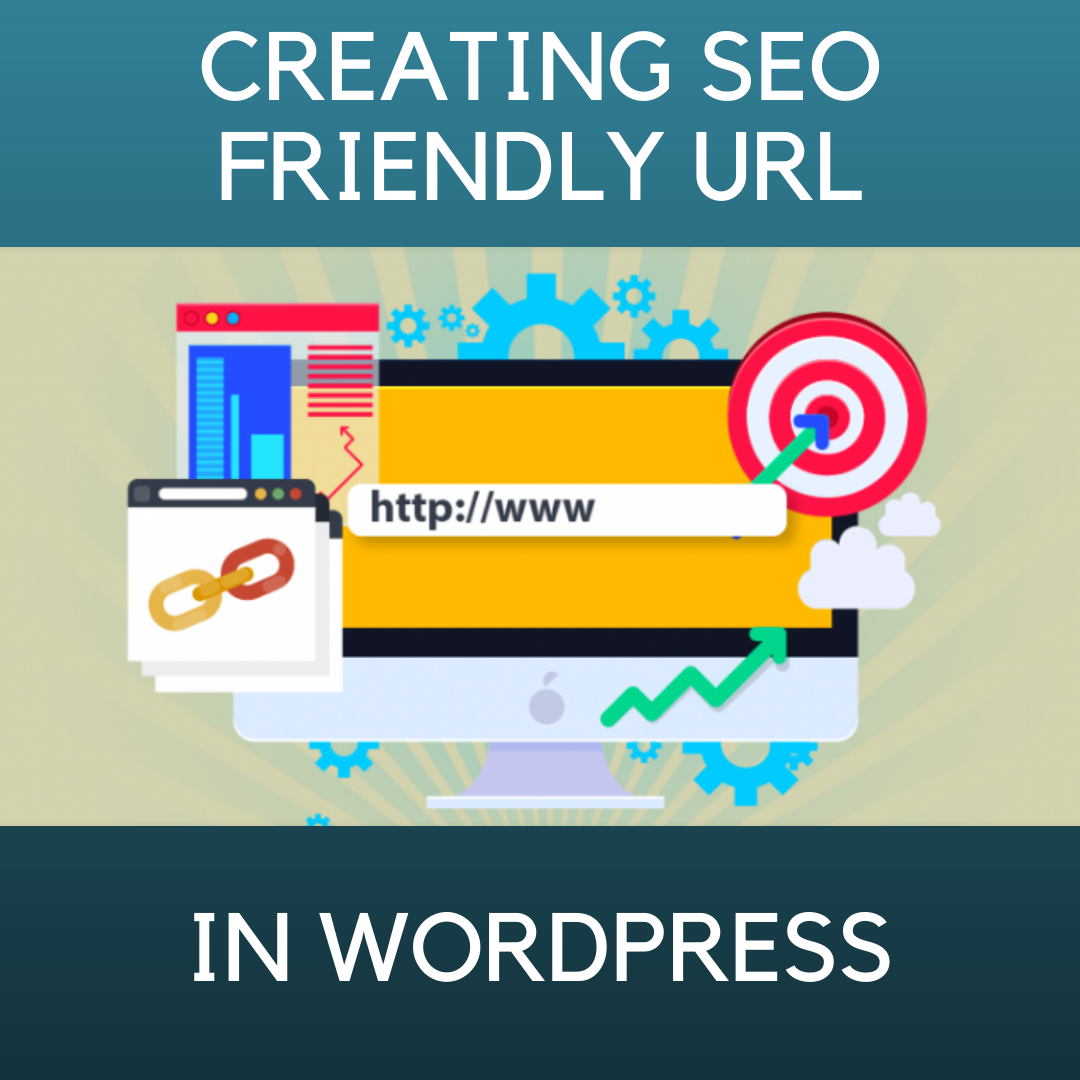Have you ever heard of an aged domain? There are some people who are primarily interested in buying aged domains. The better aged a domain is the more niche relevant it is and therefore worth more money.
In this blog post today, we'll talk about what are age domains? What are the benefits you can get from age domains?
A little bit about some of the risks because there are risks associated with aged domains that you need to just be aware of.
We'll talk about our process for due diligence and making sure that an aged domain of you know you avoid some of the pitfalls and the risks that come with age domains.
We'll also share a couple of case studies from real-world results that we have working with aged domains and a little bit on how you can get started.
What are aged domains?
Aged domains are essentially a domain that's been abandoned for whatever reason. It existed on the web as a site historically maybe as part of a business may be as another blog.
It's been a site before. It's not one of those domains you can just pick up from Namecheap or Godaddy that has never been registered before.
It's something that's been registered before and for whatever reason, it's been dropped or not renewed and essentially abandoned and are no longer in use.
The thing is about these domains is that some of them have some really good SEO value they existed if they've been around for 15-20 years.
They've got some age associated with them. I mean, even if they've been for a couple of years that's great better than starting from zero.
You know age is important in terms of SEO.
If you're starting from a brand new domain, it's going to take a while for google to build that trust in your domain.
You can pick up these domains and they already have some credibility they already have good backlink profiles, they would have some authority and therefore that gives us SEO value.
What are the benefits of aged domains?
They can be repurposed.
What might have been a site for a business in the past we can think about it from a website investing point of view.
This is something that we can use that has the right backlink profile for the kind of blog or business that we're looking to start.
It minimizes the google sandbox.
We see varying results from this now.
If you're familiar with starting sites from scratch, you'll know that you very rarely get any traction from Google depending on the techniques you use.
It can happen from around five months but generally six to nine months.
That's kind of a long time to wait especially if you're new to the website investing world that's a lot of time to be investing and not seeing any returns and not giving up hope.
That something's going to happen.
Now having been through this process myself a number of times, I know just to keep pushing them through.
But that can be hard.
Aged domains are an alternative to having to sit through the google sandbox. That's definitely something worth thinking about.
Generally, you get a faster time to ranking and therefore if you're getting first off to ranking, you're generally getting faster time to revenue as well.
We've seen anything from sites ranging from the very first moment that we take them on in the first week right up to quite a long period of time.
So it can still take 6 – 8 months and sometimes you don't get a huge amount of benefit from that.
If the domain has only recently been dropped or hasn't even been dropped at all.
So it's been ranking in recent times then generally we see that that kind of come back much more quickly and you start to see things rank.
But it's not always the case that a domain has been sitting around for a number of years and then doesn't take off the moment that you start using it. It's not always that straightforward.
However, you know what, if you do end up with a domain that takes a little bit longer to start ranking, even if it does take a bit longer to get ranking right, at the end of the day, you're still going to have that SEO value.
Generally, age domains are an outstanding value.
I think that on the market they're very much undervalued at the moment.
And the reason I say that is because if you think about it quite often.
Maybe you'll buy a domain that has a few hundred referring domains.
Think about how much time or money it will cost you to replicate that. Spending a couple of thousand dollars on an aged domain doesn't seem very expensive after all when you kind of start factoring those things in.
When you factor in also for the domain if you've got links from great news sites like the new york times or the BBC. Sometimes that's just impossible to replicate.
So you can pick up age domains that have got some real value in them that you just can't & wouldn't be able to replicate yourself.
Of course when you factor in the time to revenue as well. If you're starting, do not expect to earn anything for 12 months from a fresh domain.
But you start earning much more quickly from an aged domain. It's already going to start paying for it for itself because you'll get into revenue quicker and if you're lucky it can just blow up as well.
What I mean by that is some domains that we work with just immediately rank and immediately fly. And again, it's really hard to tell which one that's going to be upfront.
I wish you could, but sometimes you'll find that one just really takes off really quickly and you can just you know start piling in and investing in that site.
Another thing that you can use an aged domain for is to power up an existing domain.
If you are looking to increase the authority of your site, improve the backlink profile, buying an aged domain within the niche that you're working in is a great way to increase the domain authority.
Because you can 301 redirects. You can essentially buy a domain maybe look to resurrect some of the old content that's on there.
We generally don't recommend copying it word for word but you can create articles on the same topics and then read a 301 redirecting the old pages to the new ones.
Also just in general, you can redirect the entire domain.
I'll cover a little bit more about how we did that in one of our case studies later on.
What are the risks of aged domains?
Well, most risks can be avoided with good due diligence and solid execution.
What I mean by that is, you've got to be careful when you're picking up aged domains.
We reject a very high percentage of the domains that we review because they don't meet a number of our criteria.
I will go through some of that criteria.
There are a number of different reasons why you would reject it.
But once you've gone through that, you're much more likely to get some success from a domain.
By solid execution what I mean is that you've got to be careful not to get fall into the trap of thinking age domains are a silver bullet because they're not.
You've still got to do the work. You've still got to do great keyword research, still gotta have quality content and you still gotta consider all those things.
It's not that you just get an aged domain and everything's going to be great.
You still have to do stuff to do the work.
It's just that aged domains can give you a real leg up that might take you years to get to.
You've got to be particularly cautious of spammy backlink profiles. And of course, manual penalties as well
It's hard to know that a site has a manual penalty until you get ownership of it and you added it to the search console because that's where you'll see the manual penalty.
You can resubmit the site for review. Tell Google that this site, the domain has now changed hands and you're going to repurpose it.
Hopefully, you can kind of get that penalty removed
Due diligence is absolutely critical for success with aged domains.
You can't just pick up any old domain and build any old site on it.
Let's into a little more detail on that.
We're super strict on this, even more so, probably than anywhere else because of the way that we sell our domains we sell them as part of a package in our professional WordPress development services.
We're helping people build sites from scratch or on aged domains.
Therefore, we want to make sure that we're picking the best domains that there are. So that we have got a better chance of success when we also offer our clients with our link building services.
Aged Domain Due Diligence
Wayback Machine Archive Check
In terms of due diligence, one of the first things we look at is Wayback machine.
If you're not familiar with the Wayback machine, it's essentially an archive. Not all of the websites that are existing on the web but you know many of them.
You can go back and look at any point in time at how a website used to look.
This is really beneficial for us in the due diligence process because we can go back and take a look at the history of the site just to make sure that it's not got any history that would not be desirable for us taking on the domain.
The way we do this, we generally flick through and take a look at the screenshots from a couple of times a year for the entire existence of the site.

We've got Apple as kind of an example here.
We would go through and we would make just check a couple of times each year and make sure that the site didn't have things that we didn't want to see.
Things that we might not want to see is that the domain's been used for you know alternative purposes maybe such as gambling or porn or something like that and then kind of abandoned.
We don't want to see that for a number of reasons.
One, because we want to be very conscious of the relevance overtime of that site
For example, if we are looking to build a pet site about pets or dogs or whatever. If that site has been tarnished with some gambling or some porn or even just other sites that lack relevance.
Maybe historically this work used to work a little bit better but time and again you see this fail.
Someone might just take a really good domain, think wow that's got to really have the arch be powerful. It used to be a golf site but I'm going to put my dog site on it and it's gonna fly.
Generally what you see happen if that is that, yeah, sure it can fly for a period and then you see it crash because the backlink profile is just not relevant and the historic use of that site is not the same.
So we try to avoid that but also with the things like porn gambling payday loans things like that that might be frowned upon by Google and therefore you just don't know how Google is viewing that domain.
It might not be completely blacklisted but it might just be giving it kind of less value and less authority based on the fact that it's had that kind of history so we just want to avoid that stuff.
Anything that we see like that, it's just a red flag straight away and we just abandon it.
It's just not worth the risk and we also look for outbound links to similarly unwanted sites. You can do that in ahrefs.
Sometimes we spot it in this part of the process, the Wayback machine process.
We'll just see maybe it's been used as a site for guest posts or it's been randomly linking out to lucrative offers that may be in the gambling space and so we just want to avoid that as well.
We don't want to be associated with being a kind of link farm or something that's linked out to just all of these kinds of offers that are not relevant to the niche and are in industries that we don't want to be associated with.
You also need to consider looking at the history of the site whether it can be repurposed for something that we want to build a site on.
For example, People often feel full foul of is a classic is, you'll find a domain that used to be a restaurant, oh, this will make a great food site.
I'm going to create blogs about recipes and all that kind of thing and often you'll find that that just doesn't work because when you actually drill into it and you look at it then okay, this site was a site about a restaurant.
This backlink profile is all directories and things that suggest it was a local business. The content was all about a local business. It wasn't really about the food, it was maybe had a menu on there but that's about it.
Google probably understands that this is about a local business.
If we go and try and build a food site on it quite often you'll find that that just doesn't work.
It's similar there are similar things that kind of happened there but also sometimes you just need to think out of the box as well, like you'll see something and you think like how can I use this?
And you just need to drill into that backlinking profiling, drill into its history and then decide if this could work as XYZ.
It just takes a little bit of experience of the kind of thinking about how its history could be evolved into something that you want to go forward with in terms of a blog. Ultimately, will it make a good content site?
Just to point out, you have to be really careful as well because you want to keep that relevance as close as possible to what it was in the past.
Obviously, it's not always going to be a direct one-to-one mapping.
You don't want to stray ideally. You want to spray as little away from its original purpose as possible because that's something that Google can pick up.
Google are aware of this practice of using age domains and kind of leveraging the SEO value.
If you create a completely different site on there, they will generally spot that.
So you just want to make sure you don't move too far away from its original purpose and you're probably in the low-risk territory at that point.
Looking at backlinks
This is kind of something that's really important.
This is one of the best things to look at or the highest factors to look at when trying to establish if the domain will be successful.

If it has some really great backlinks for example, in the above picture, we've got the New York Times, we've got Guardian, we've got BBC Business Insider, Huffington Post, etc.
All it is a great link to have so if we can find a domain that's got some great news backlinks, this is awesome.
Ideally, we want a bunch of niche relevance so if we've got a dog site, we want to see a lot of links from dog sites.
News sites aren't obviously dog sites but they're huge authority sites.
Google knows they are news sites and probably the best that we're going to hope for is page-level relevance at that point.
On the Guardian or on BBC, ideally, we want to see our link about dogs on the BBC website. But on the flip side, when you're doing the due diligence, it's the opposite that you're looking for.
Here you want to make sure that it's not just a lot of trashy links, it's not a bunch of really low-quality links that we just don't want to be associated with and the relevancy is all over the place.
This could be a sign that the site's being used for spamming purposes if you've got links from kinds of blogs that are of poor quality.
If you've looked at any backlinking profiles for a long you can see lots of great sites have scraped the site and therefore provided backlinks and they're generally like lots of really low authority kind of backlinks.
That's something that Google is just aware of and can kind of pick out and I don't really worry too much about them.
If it's just a lot of random crappy links then that's something you just need to make sure that you're avoiding
In terms of anchors and anchor texts, we're gonna make sure that we're looking at mainly branded anchors.
Normal sites on the web use the brand name or the naked URL as the most common anchors.
If you're finding that it's not the case and that the anchor the brand name is way down the list then this could be a problem.
It's not uncommon to find a few articles that have just gained some traction for whatever reason and therefore I've got a lot of backlinks and maybe do beat out the brand name.
But if you're seeing this a lot with a lot of articles then that would suggest that a process has been taken place in which the last site owner has employed the services of an agency or themselves to try to get backlinks unnaturally.
We want to avoid looking unnatural.
The thing is, if it looks unnatural to you then there's a good chance it probably looks unnatural to google as well.
And therefore, we probably want to avoid that again. We want to avoid anchors for stuff that we don't want to be associated with.
Porn, gambling, payday loans, etc. that kind of thing and just avoid anchors with foreign characters and such as Chinese symbols.
Sometimes you'll just see a whole lot of anchors with that.
I can't read Chinese but it's probably been used for spammy purposes because you know if it had been an English-speaking site at one point and then it flipped over to being a Chinese site or a lot of Chinese anchors.
It's just not consistent in its history and you just want to avoid that.
We will continue writing more on this in our next post with the same title next week.
Here is the link for the part 2 of this blog post series: https://underwp.com/a-complete-buyers-guide-on-aged-domains-with-examples-part-2/




